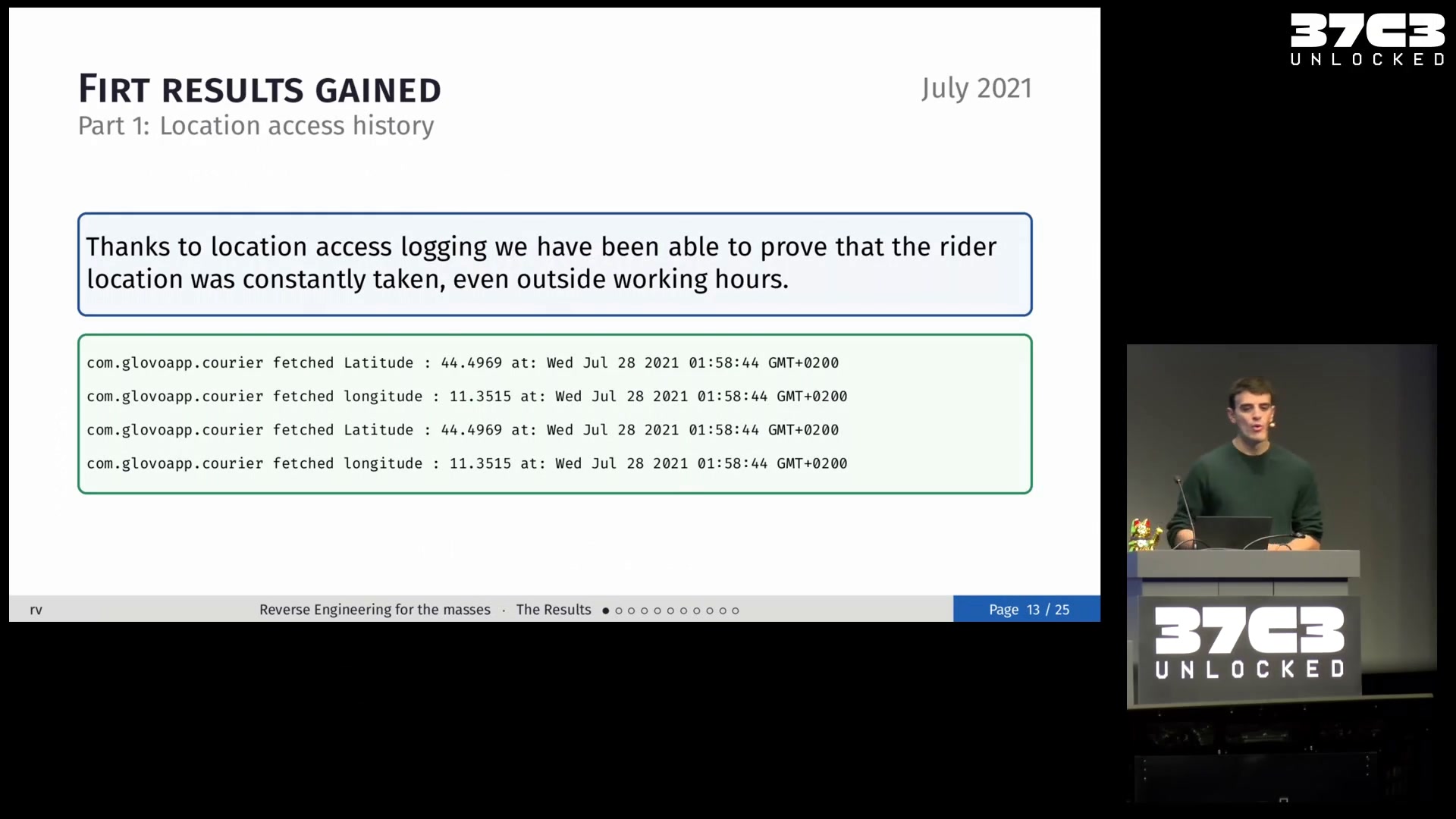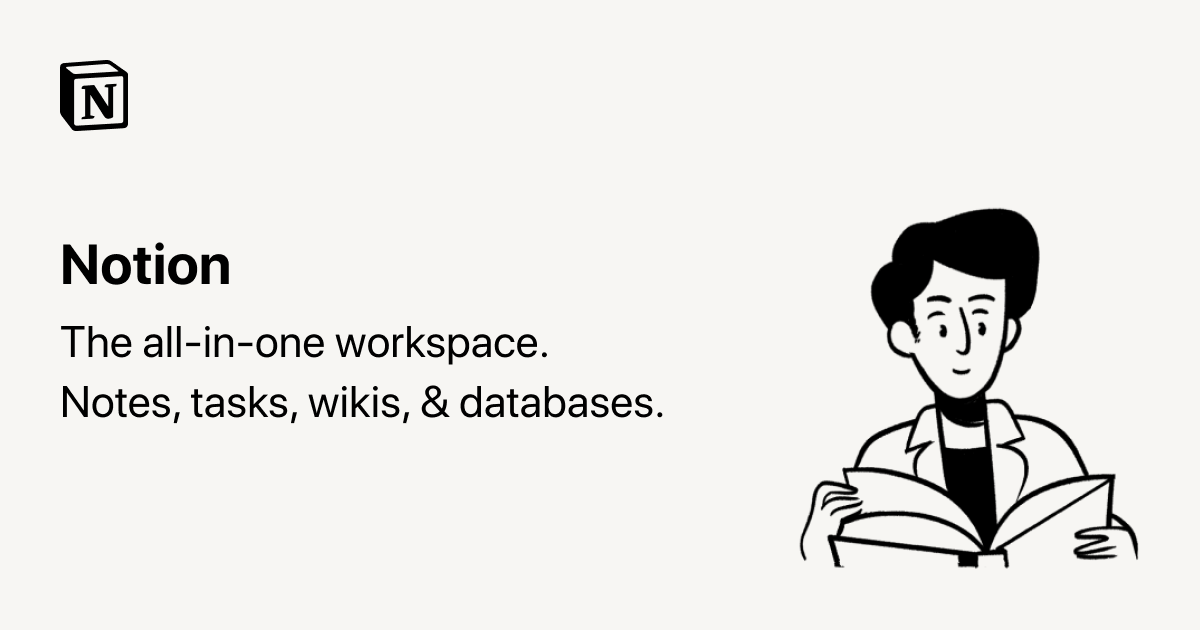

Electric vehicles are part of the problem. Definitely not part of the solution. Personal cars are incompatible with any realistic sustainability target. He actively sabotaged the development of public infrastructure to make profit out of his stupid cars. He’s evil as fuck.















Not nation-wide, but definitely in California and he claimed that himself. Anyway, if you want to dig deeper: https://disconnect.blog/the-hyperloop-was-always-a-scam/